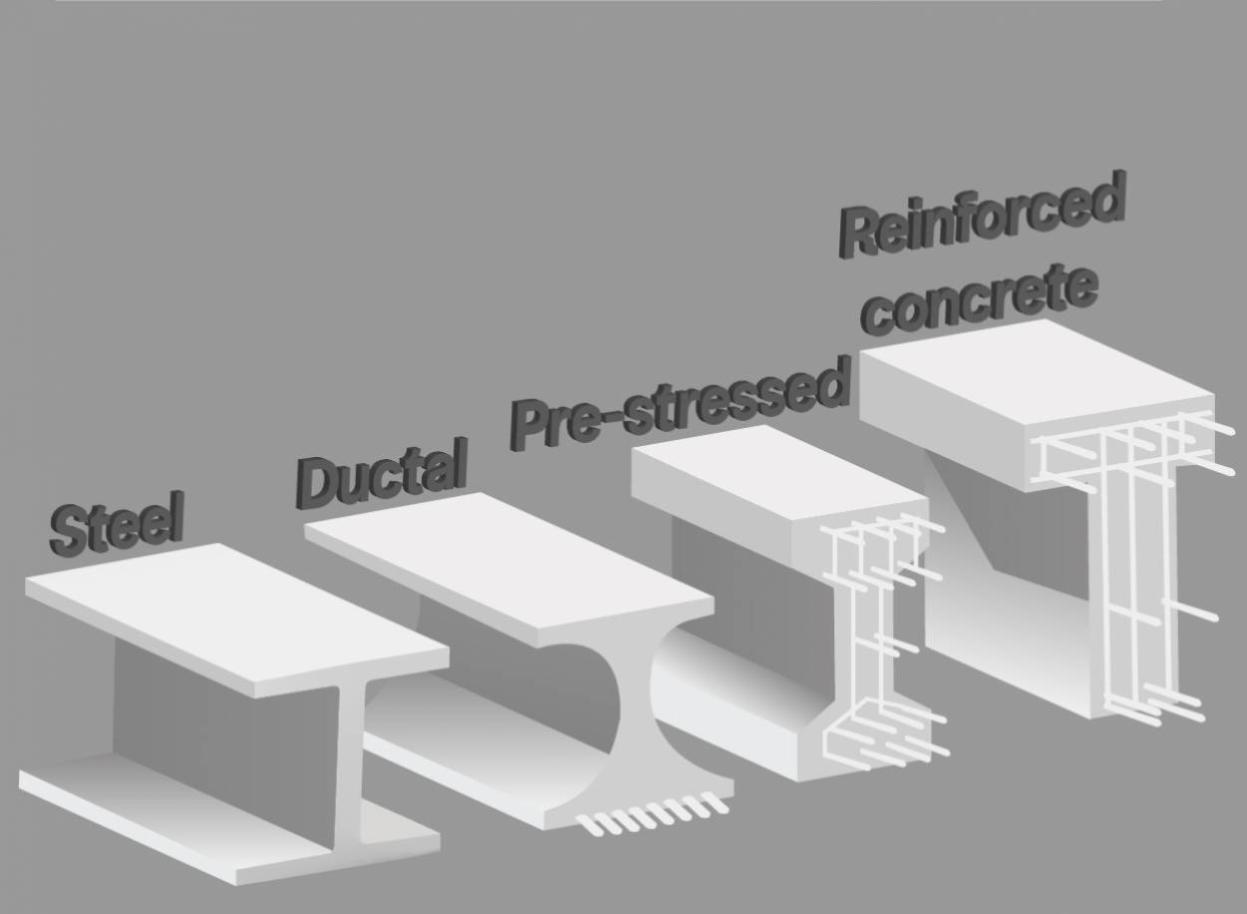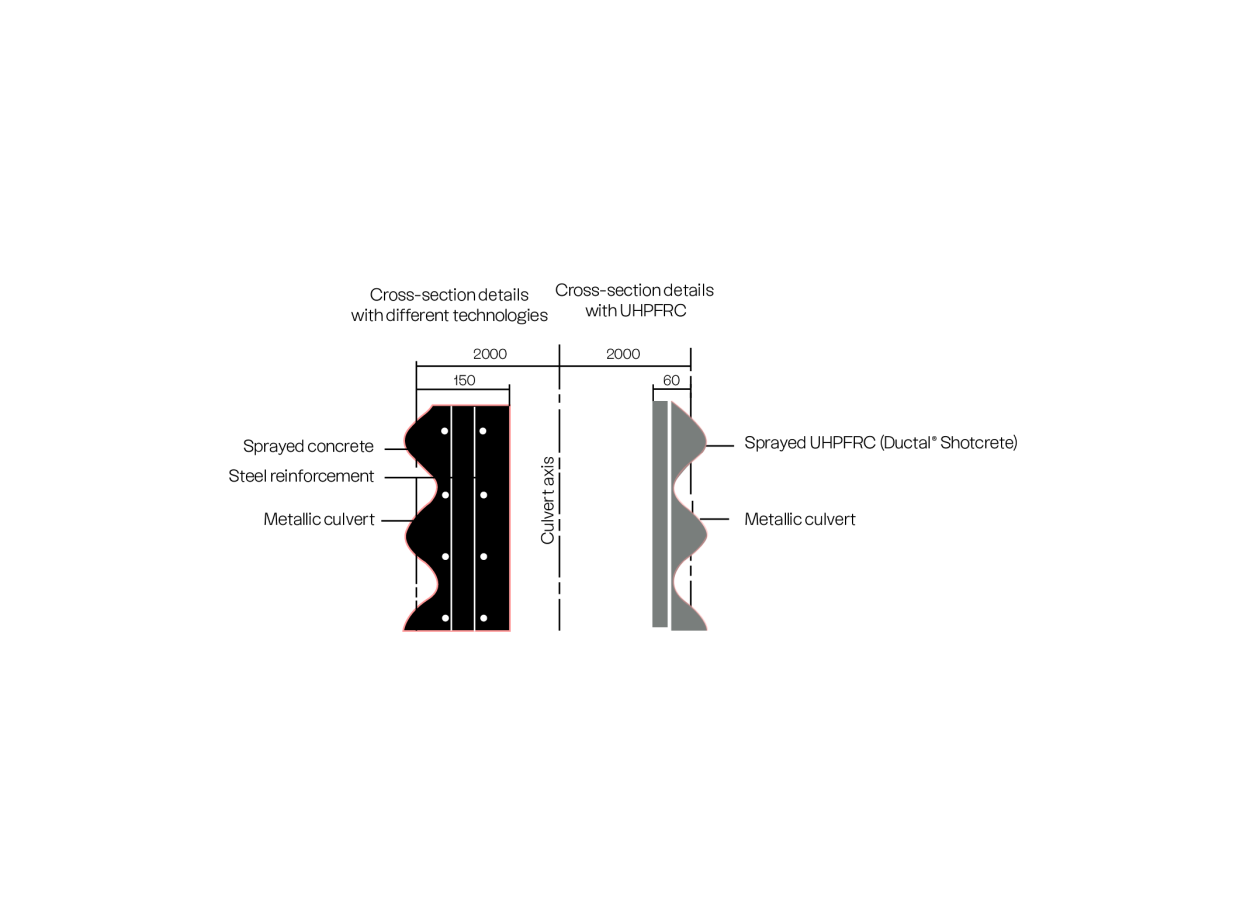informations
Information
Brochure
Soon
Case study
Soon
Introduction
At Holcim, a global leader in building materials and solutions, we started asking ourselves hard questions about the sustainability of concrete over 25 years ago. Having already spearheaded the transition towards low-carbon construction and led the way to promoting circular economy (from alternative fuel use to our research into concrete recycling), developing solutions that allowed architects, engineers, contractors and owners to design and build greener projects was only natural. Because concrete does have good fundamentals: it’s durable, resistant, adaptable, versatile. It is by dialling up these properties and adding new ones that we reduced concrete’s negative impact on the environment.
Give shape to tomorrow.






